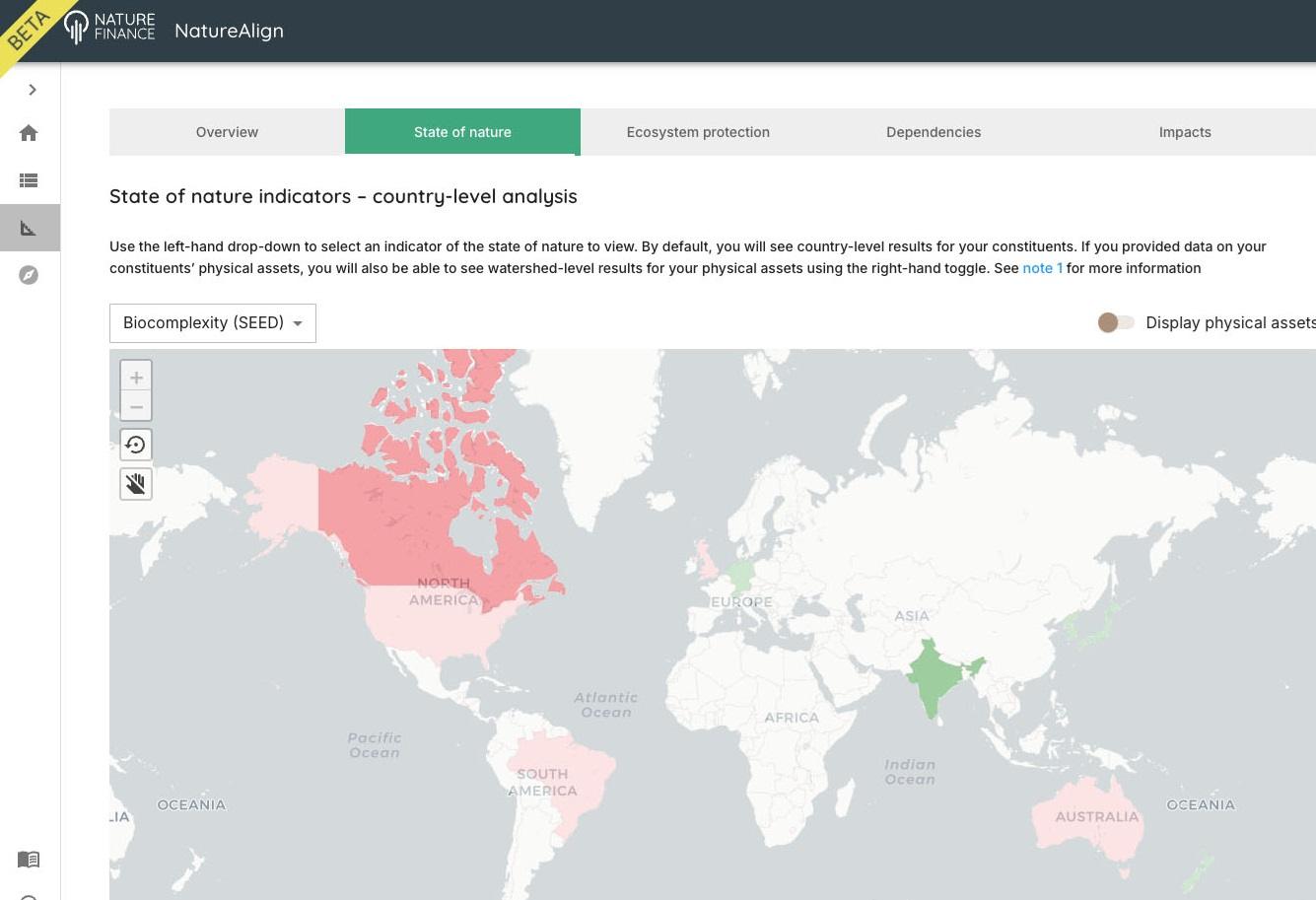SEC Reverses Trump-Era Rules Limiting Proxy Advisors
The U.S. Securities and Exchange Commission (SEC) voted on Wednesday to reverse portions of controversial rules, adopted during the Trump administration, that had been seen by shareholder advocates as limiting the independence and effectiveness of proxy advisors, and putting too much power in companies’ hands in the shareholder advisory process.
While the new amendments were welcomed by shareholder advisory firms, some expressed concerns that the SEC didn’t go far enough to reverse the Trump-era rules.
In July 2020, the SEC approved amendments to its rules governing proxy solicitations that affected the role of proxy advisor services. The rules required proxy advisory firms to make their advice available to the companies that were the subject of the advice at the same time (or before) as it was sent to shareholders, and that the proxy voting service provide the ability for shareholders to access any written statements provided by the issuing companies regarding the voting advice given.
Additionally, the rules classified proxy voting advice as a “solicitation,” subjecting the providers of such services to more stringent filing and disclosure rules.
While the SEC at the time presented the rules as providing investors with greater transparency and complete information, many shareholder advocates opposed the rule as negatively impact shareholders, making the ability to provide proxy advice more costly and less efficient, while impacting the independence of the advice.
In Wednesday’s vote, the SEC rescinded the rules requiring advisors to provide their advice to subject companies in a timely manner, and to ensure shareholders are aware of company responses to their advice. The solicitation rule, however, was left in place.
SEC Chair Gary Gensler, said:
“I am pleased to support these amendments because they address issues concerning the timeliness and independence of proxy voting advice, which would help to protect investors and facilitate shareholder democracy. It is critical that investors who are the clients of these proxy advisory firms are able to receive independent and timely advice.”
Advisory firm Institutional Shareholder Services (ISS), a vocal critic of the 2020 rules, applauded the change, but expressed disappointment that they were not reversed entirely, particularly on the solicitation issue. In a statement published after the SEC action, ISS said:
“Today’s action misses the mark by failing to address the most critical defect; namely, the reclassification of proxy advice provided in a fiduciary capacity as proxy solicitation. We firmly believe the Commission’s decision to regulate a form of independent investment advice as though it were a solicitation of a specific outcome in a shareholder vote exceeds the agency’s statutory authority, is contrary to law, and is arbitrary and capricious.”
ISS said that it will continue taking legal action against the rules, with oral court arguments scheduled later this month.





